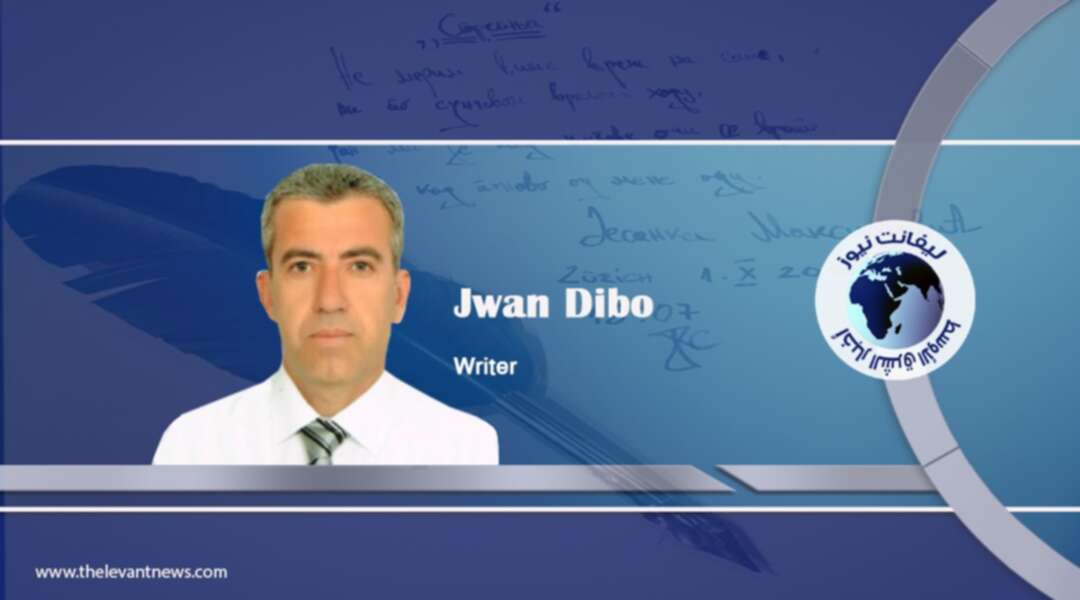-
To NATO: Why don’t you listen to Russia instead of fighting it?

If the West had listened from the beginning to Russia’s caveats in Ukraine and took them into consideration, perhaps the current war would not have erupted. Consequently, Europe and the entire world would have been able to avert this devastating war and its horrific repercussions.
However, since there is no place for the word ‘if’, which refers to prudence in international relations, then everything is contrary to ‘if’, which refers to imprudence, will prevail and lead to destruction and chaos.
This is not to say that Russia is right in its reservations or allegations. Rather the point here is that this war could have been averted if the collective will of the participants had been present. The issue here is not about truth, rightness, and justice as much as it is about power and hegemony of the great powers.
Indeed, Russia is wrong in its current invasion of Ukraine, and it was not right in its war against Georgia in 2008 and against Crimea in 2014. But at the same time, was America right in its war against Vietnam in 1965, against Afghanistan in 2001 and against Iraq in 2003? Was NATO right in striking the Gaddafi regime and toppling it in 2011? Most of the wars that America had undertaken in its contemporary history were done without international approval.
So, the question is why the U.S would like to impose certain rules on Russia at a time the U.S itself does not abide by these rules and is constantly violating them. In other words, why doesn't the U.S allow Russia to do what the U.S is doing? The answer is simply because superpowers are adopting a policy of double standards and hypocrisy. In addition, they deal with international issues based on interests and benefits that can be acquired by using power according to the logic of forest.
This is the essence of the realist theory in international relations, which emphasises: pessimistic view of human nature, international relations are conflictual, war is the only means of resolving international conflicts, countries give importance and priority to national security and survival, the endless panting for power and constant scepticism on the intentions of other states.
The U.S was and still hostile to Cuba simply because its regime is communist or socialist. In addition, the U.S had tried several times in the past to overthrow the regime in Havana. The Soviet missile crisis in Cuba in 1962 is a good example of this. Would the U.S, for example, have agreed to the accession of Mexico into an anti-Washington alliance? The answer, of course, is no, and the American reaction would have been more violent than the Russian reaction to Ukraine. Note that in the past, the U.S seized many Mexican lands by force and wars.
Repercussions and effects of Ukraine's war are rapidly expanding and have turned into economic and commercial conflict between Russia and the West. There are signs of a global food crisis. Inflation has swept all over the world. Russia has stopped exporting gas and oil to Europe and the leading countries of the EU, such as Germany, began to reuse coal as an alternative to gas.
As a result, Europe returns, even temporarily, to the Middle Ages, and no one can predict what will happen in winter. The U.S alone seems to be victorious so far in this war, as it has tripled its exports of gas to EU, at a more expensive price than Russia's price. Does Ukraine, or rather, does the immature Ukrainian leadership deserve to plunge the whole of Europe into economic, living and service crises for its sake, if the war does not expand little by little, so that Europe finds itself compelled to enter into it? This is how war works, its beginning can be controlled, but its end is not easy to foresee.
It would have been better for the EU, specifically Germany, France, and Italy, to find a settlement with Russia rather than being forcibly drawn into the agendas of America, which has no care about European security as much as it cares about its unique interests and agendas. This is how the U.S was, and so it will remain, since hegemony over the entire world and curtailing competitors is the goal of the White House, without any regard for the alleged international peace.

BY: Jwan Dibo
You May Also Like
Popular Posts
Caricature
opinion
Report
ads
Newsletter
Subscribe to our mailing list to get the new updates!




















